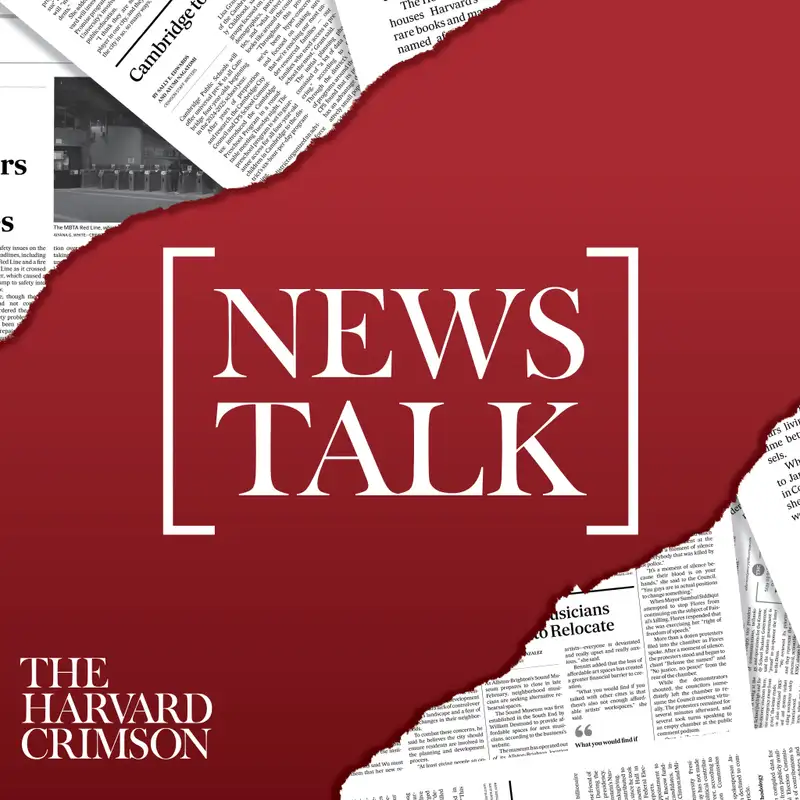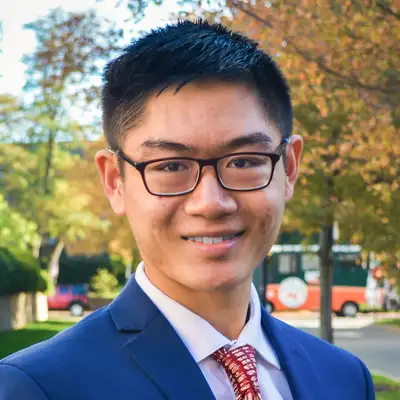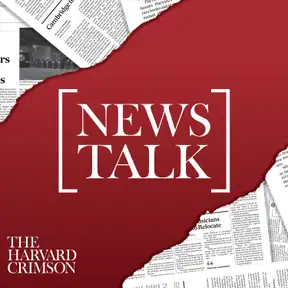
Behind Harvard's Post-Affirmative Action Demographics Numbers
Harvard released its admissions demographic data for the Class of 2028 last week. This year more so than many years past, those numbers were a big deal.
Few things at Harvard are as tightly kept a secret as its admissions process. Every year, tens of thousands of applicants around the world hit submit, hope for the best. And then… it’s sort of a black box. The applications get sent off through the portal. Harvard’s admissions officers do their thing. And then on decision day, people get a yes, a maybe, or a no.
At least, that’s how it used to be. For the past decade, Harvard’s admissions processes have been under the microscope. Its details scrutinized again, and again, and again — in the public eye, in a public controversy that made its way all the way up to the Supreme Court.
It hinged on how Harvard thinks about race in its admission process, and whether its practices give preference to some racial groups more than others. On one end, we had SFFA: Students for Fair Admissions, led by a man named Ed Blum, alleging that Harvard’s admissions affirmative action practices did unfairly advantage some racial groups more than others. That they did break the law. On the other, we had Harvard insisting that affirmative action was absolutely essential to creating a more diverse Harvard. That there’d be no way to maintain its diversity without it.
In June of last year, after nearly a decade of lawsuits, the Supreme Court weighed in.
In a decision that made waves around the world, the Supreme Court ruled SFFA’s way. It said that Harvard would have to end all of its racial preferences in admissions. And Harvard said it would comply.
So all eyes turned to Harvard’s demographic numbers for the Class of 2028: the first class applied and admitted after the ruling. The first chance to see the ruling’s true impact on the University.
Last week, after being delayed for months, those numbers came out.
If people thought those numbers would tell the whole story, they were disappointed. Because they didn’t. But, if you looked closely, there was still a lot to see. And that’s exactly what our reporters did. This week on Newstalk, Harvard’s demographics for the class of 2028.
Newstalk is co-hosted and co-produced by Frank S. Zhou and Yael S. Goldstein.
Few things at Harvard are as tightly kept a secret as its admissions process. Every year, tens of thousands of applicants around the world hit submit, hope for the best. And then… it’s sort of a black box. The applications get sent off through the portal. Harvard’s admissions officers do their thing. And then on decision day, people get a yes, a maybe, or a no.
At least, that’s how it used to be. For the past decade, Harvard’s admissions processes have been under the microscope. Its details scrutinized again, and again, and again — in the public eye, in a public controversy that made its way all the way up to the Supreme Court.
It hinged on how Harvard thinks about race in its admission process, and whether its practices give preference to some racial groups more than others. On one end, we had SFFA: Students for Fair Admissions, led by a man named Ed Blum, alleging that Harvard’s admissions affirmative action practices did unfairly advantage some racial groups more than others. That they did break the law. On the other, we had Harvard insisting that affirmative action was absolutely essential to creating a more diverse Harvard. That there’d be no way to maintain its diversity without it.
In June of last year, after nearly a decade of lawsuits, the Supreme Court weighed in.
In a decision that made waves around the world, the Supreme Court ruled SFFA’s way. It said that Harvard would have to end all of its racial preferences in admissions. And Harvard said it would comply.
So all eyes turned to Harvard’s demographic numbers for the Class of 2028: the first class applied and admitted after the ruling. The first chance to see the ruling’s true impact on the University.
Last week, after being delayed for months, those numbers came out.
If people thought those numbers would tell the whole story, they were disappointed. Because they didn’t. But, if you looked closely, there was still a lot to see. And that’s exactly what our reporters did. This week on Newstalk, Harvard’s demographics for the class of 2028.
Newstalk is co-hosted and co-produced by Frank S. Zhou and Yael S. Goldstein.
Creators and Guests

Host
Frank S. Zhou
Founding Host and Co-Producer, Newstalk at The Harvard Crimson (heard in all 50 states, 110+ countries, 2024 ACP National Podcast of the Year)


